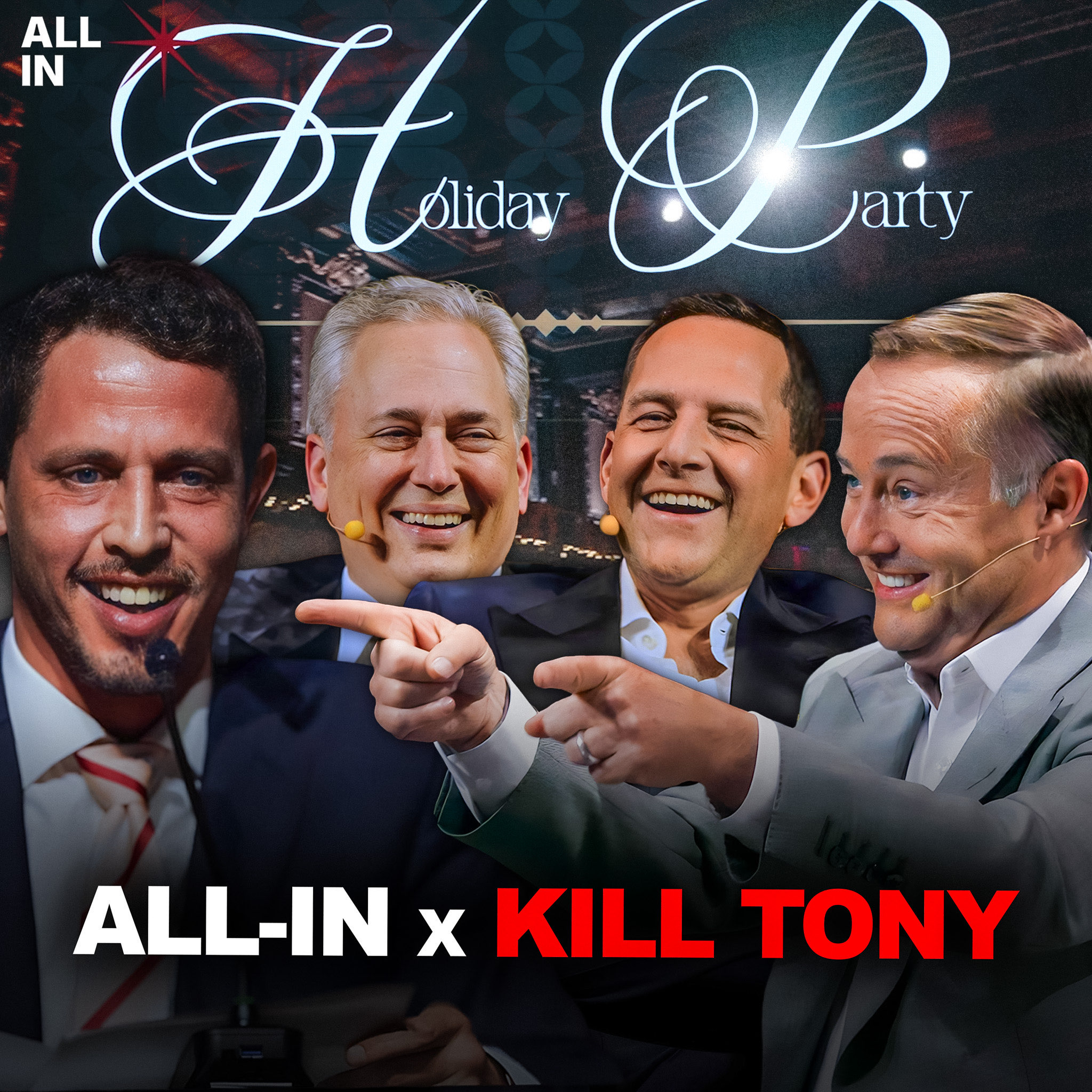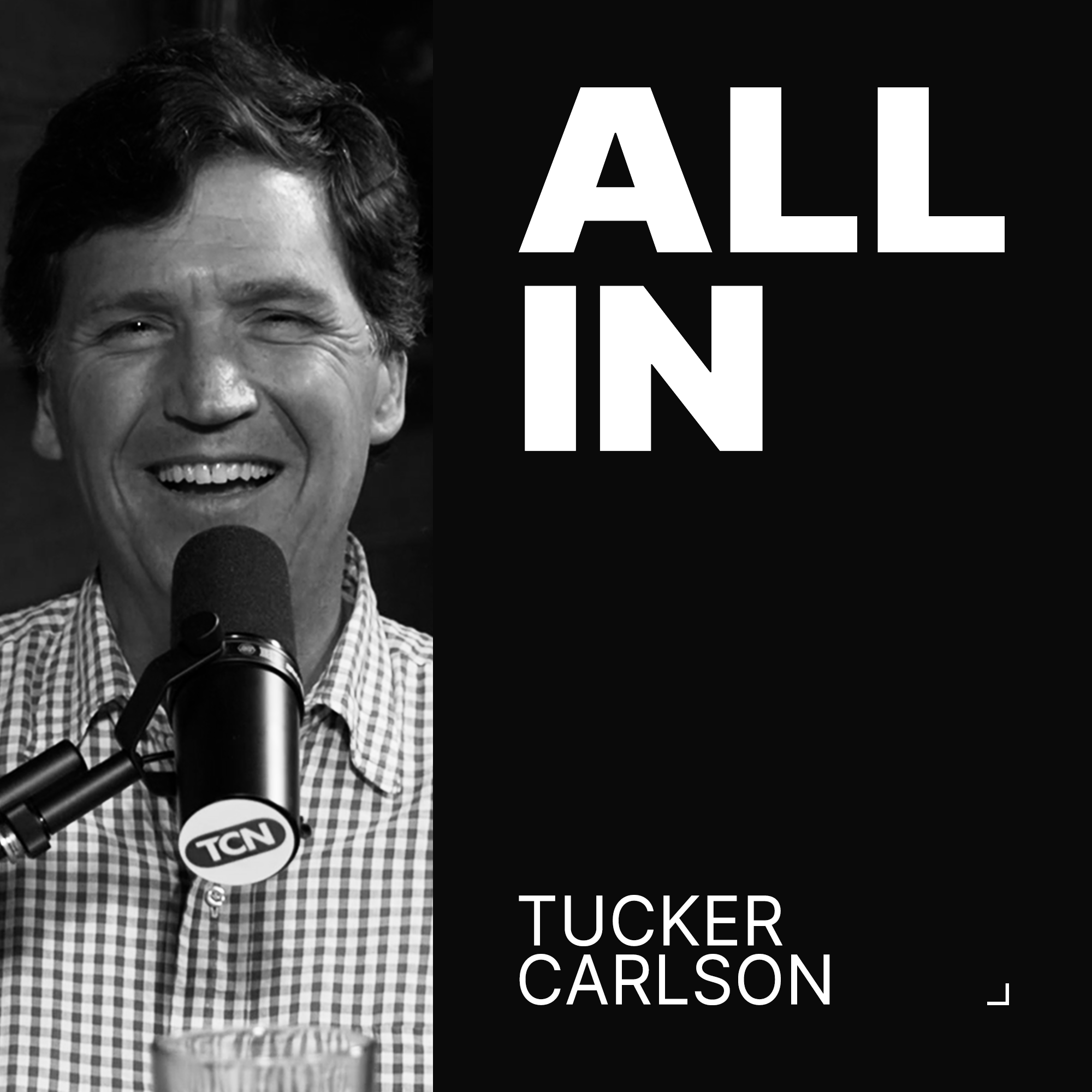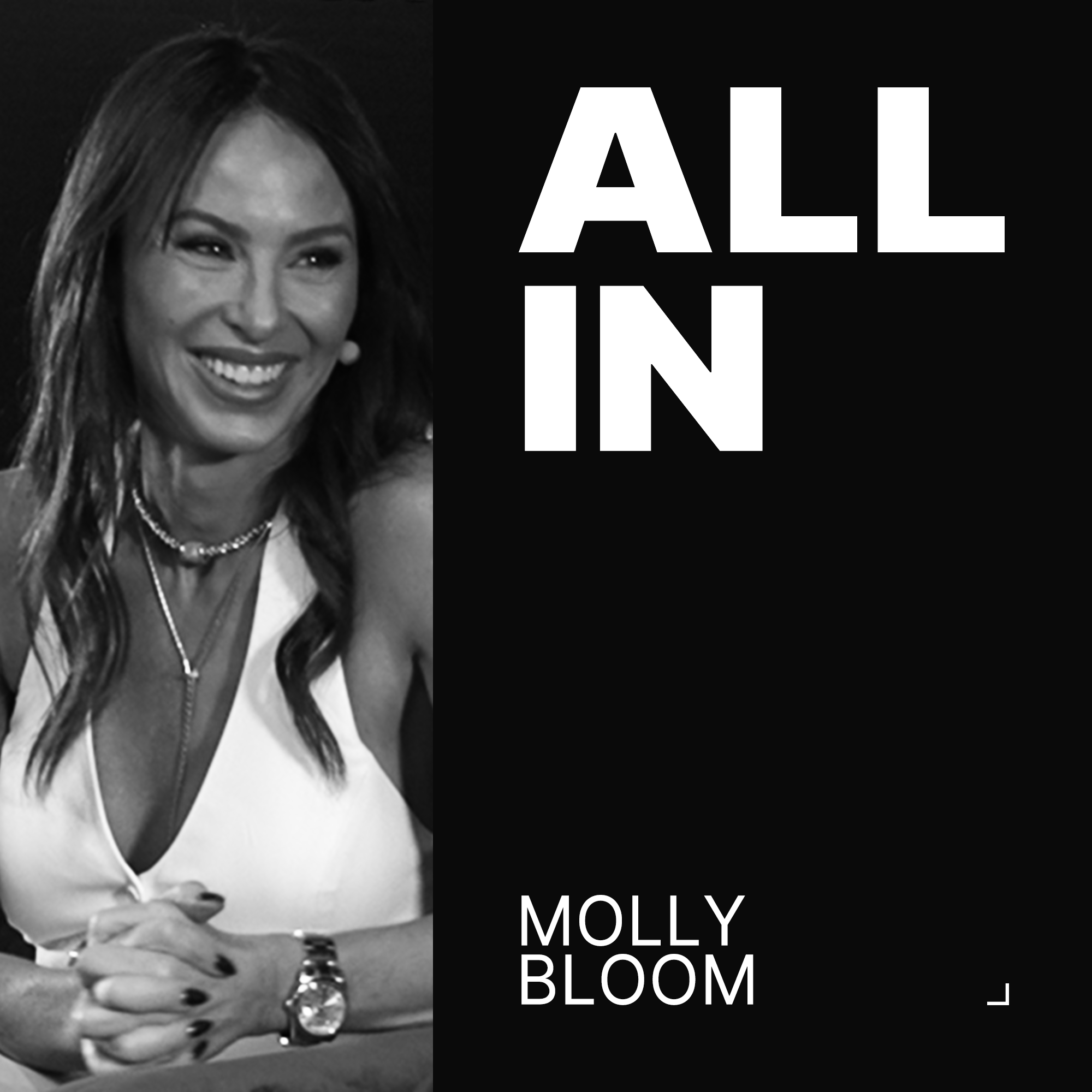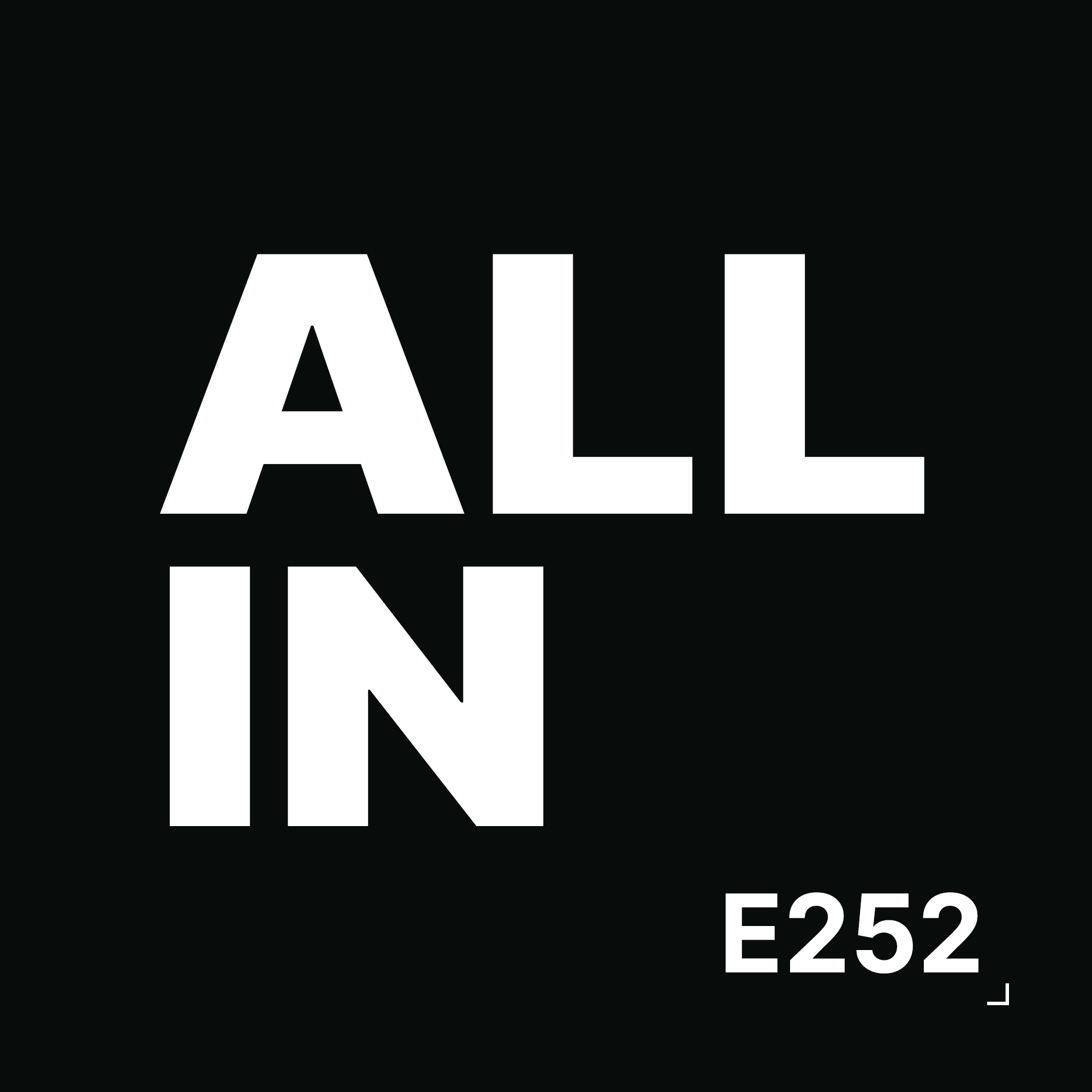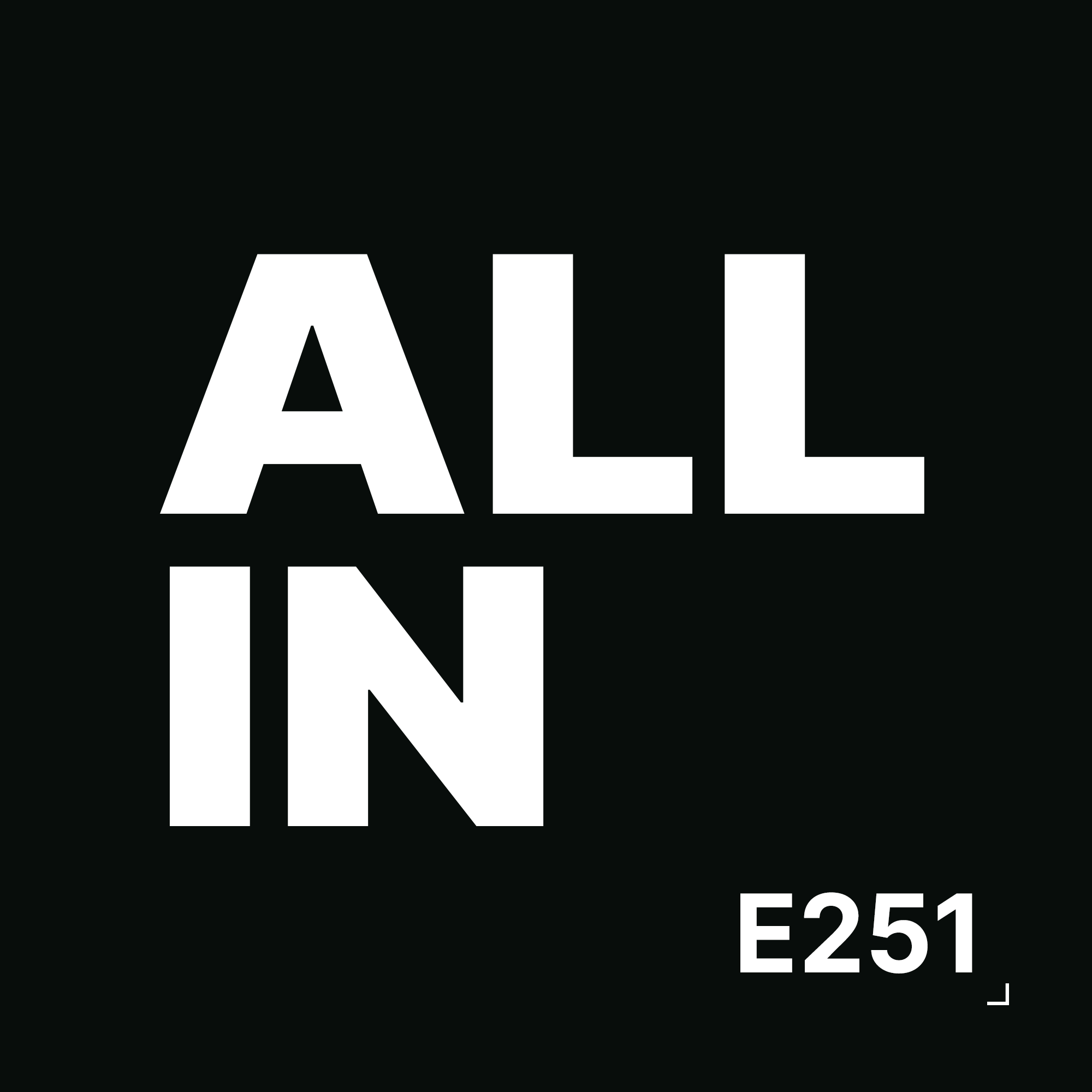Robinhood CEO Vlad Tenev on tokenizing stocks, expanding access to private shares, fintech's future
(0:00) Introducing Vlad Tenev
(0:51) Jason tells his story of investing in Robinhood
(3:17) Tokenizing securities, offering tokenized shares in OpenAI and SpaceX, controversy
(7:29) Operating under Trump vs Biden, why offering tokenized securities for private companies could be revolutionary
(17:01) Criticisms around expanding access to sophisticated financial products
(19:34) Current landscape of financial companies, Robinhood’s future, competing with incumbents
(23:28) Harmonic and building mathematical superintelligence
Thanks to our partners for making this happen!
Solana - Solana is the high performance network powering internet capital markets, payments, and crypto applications. Connect with investors, crypto founders, and entrepreneurs at Solana’s global flagship event during Abu Dhabi Finance Week & F1: solana.com/breakpoint. https://solana.com/
OKX - The new way to build your crypto portfolio and use it in daily life. We call it the new money app. https://www.okx.com/
Google Cloud - The next generation of unicorns is building on Google Cloud's industry-leading, fully integrated AI stack: infrastructure, platform, models, agents, and data. https://cloud.google.com/
IREN - IREN AI Cloud, powered by NVIDIA GPUs, provides the scale, performance, and reliability to accelerate your AI journey. https://iren.com/
Oracle - Step into the future of enterprise productivity at Oracle AI Experience Live. https://www.oracle.com/
Circle - The America-based company behind USDC — a fully-reserved, enterprise-grade stablecoin at the core of the emerging internet financial system. https://www.circle.com/
BVNK - Building stablecoin-powered financial infrastructure that helps businesses send, store, and spend value instantly, anywhere in the world. https://www.bvnk.com/
Polymarket: https://www.polymarket.com/
Athletic Brewing: https://athleticbrewing.com/
Follow Vlad:
Follow the besties:
Follow on X:
Follow on Instagram:
https://www.instagram.com/theallinpod
Follow on TikTok:
https://www.tiktok.com/@theallinpod
Follow on LinkedIn:
https://www.linkedin.com/company/allinpod
Intro Music Credit:
Intro Video Credit:
Press play and read along
Transcript
Transcript is processing—check back soon.

